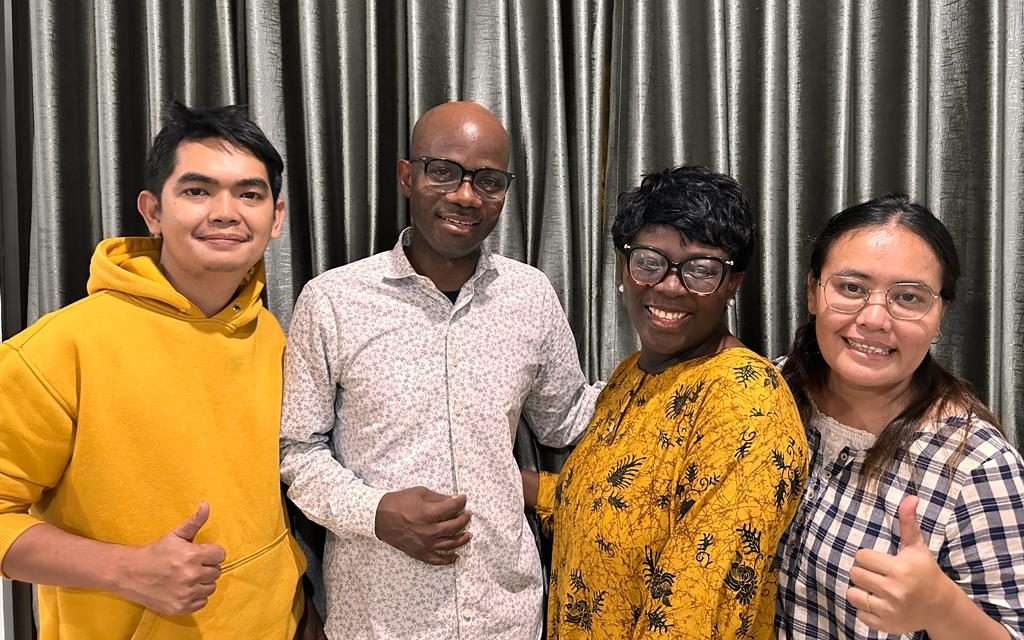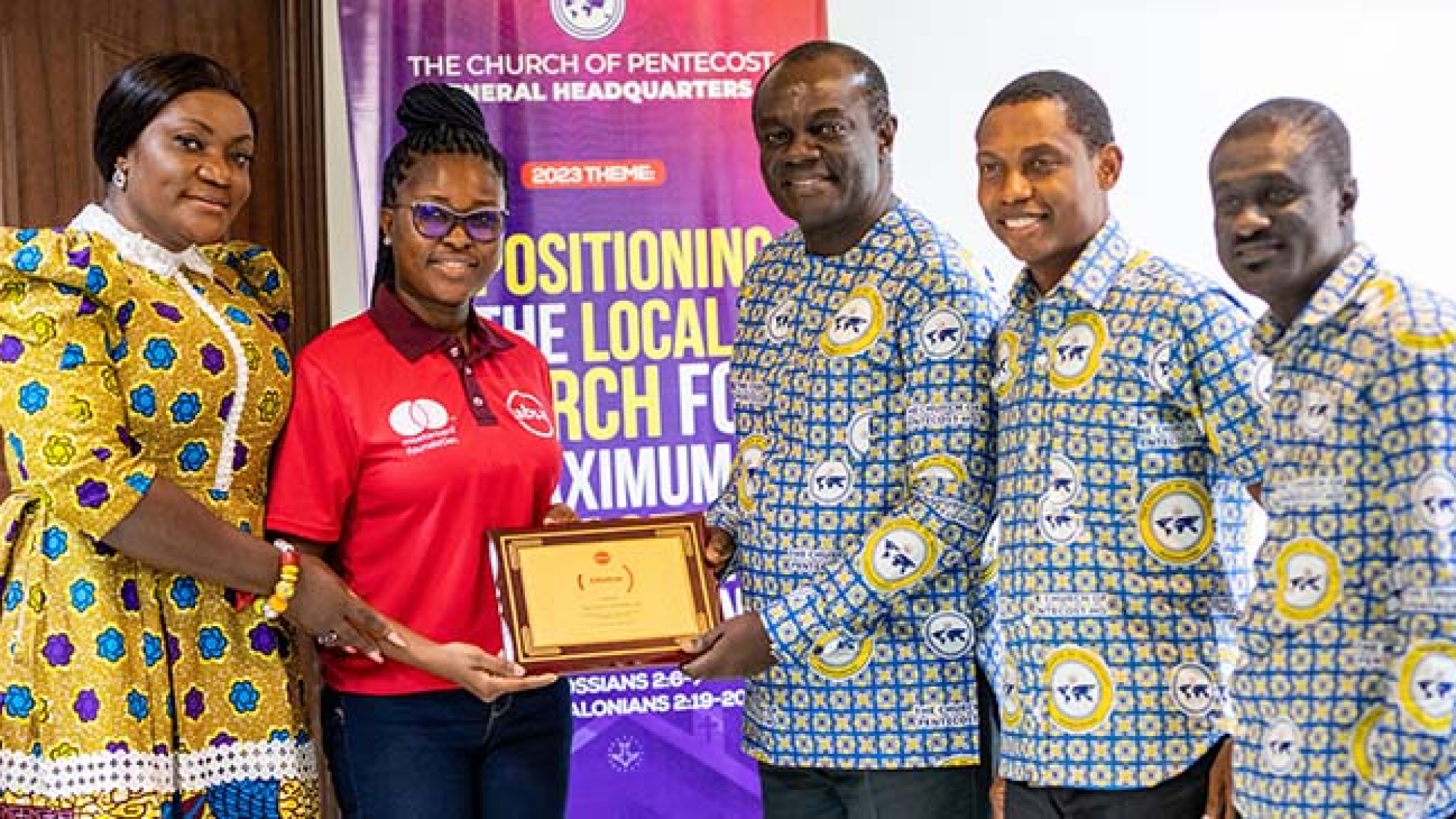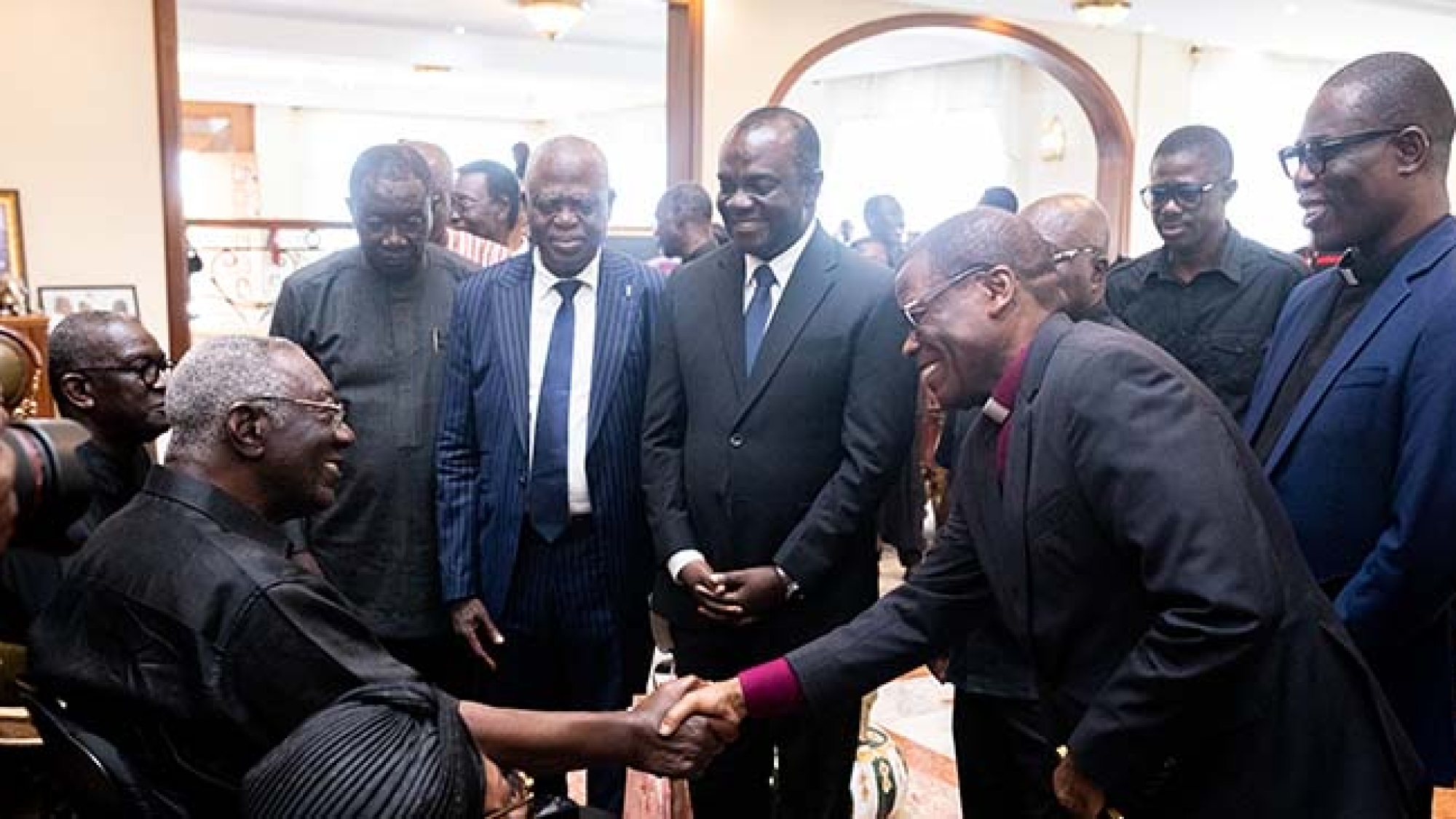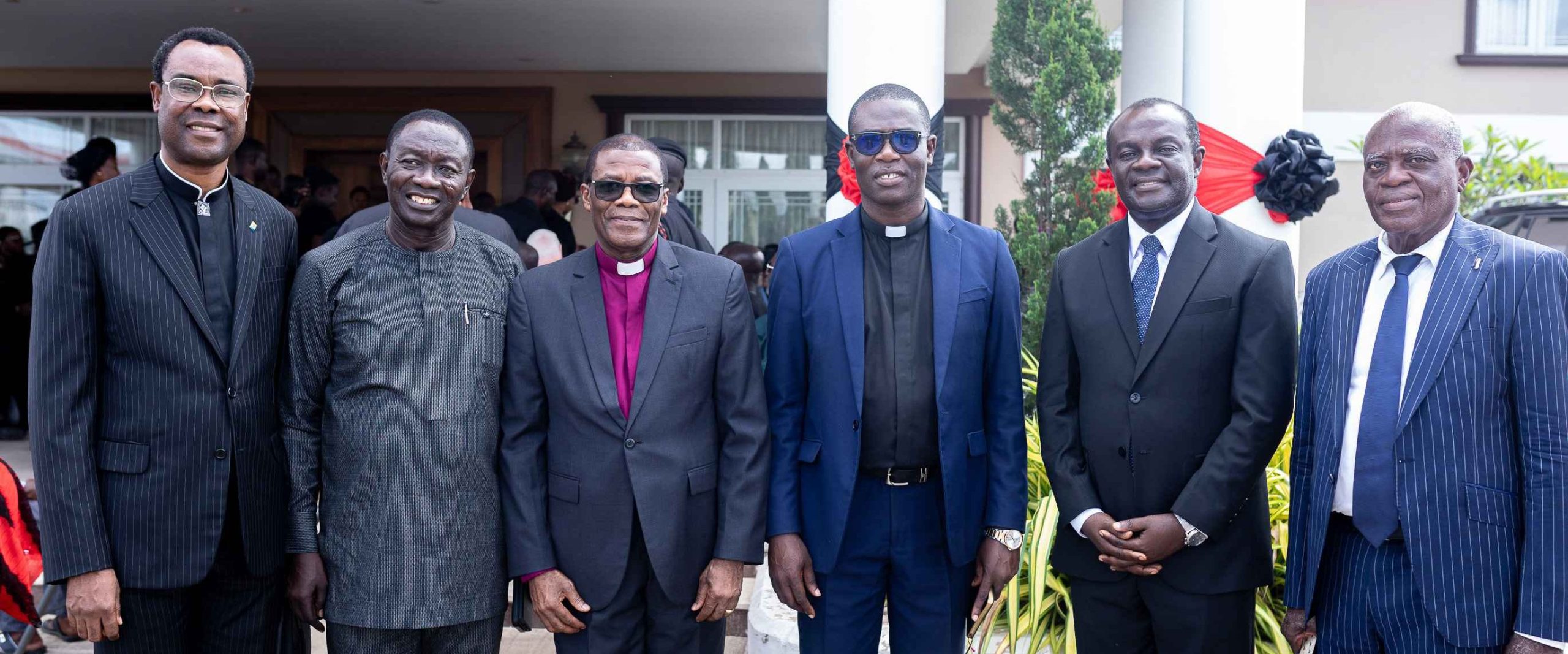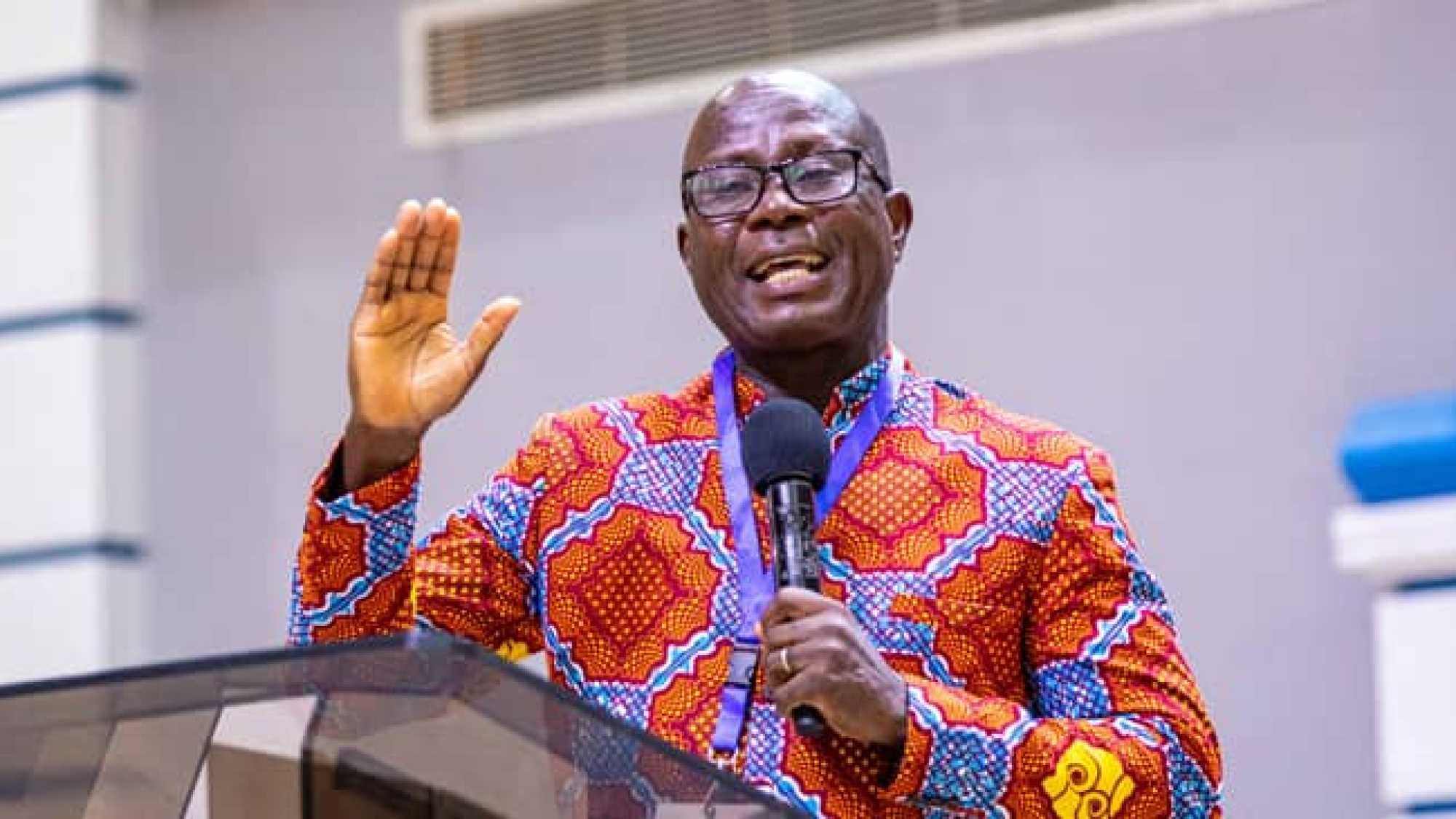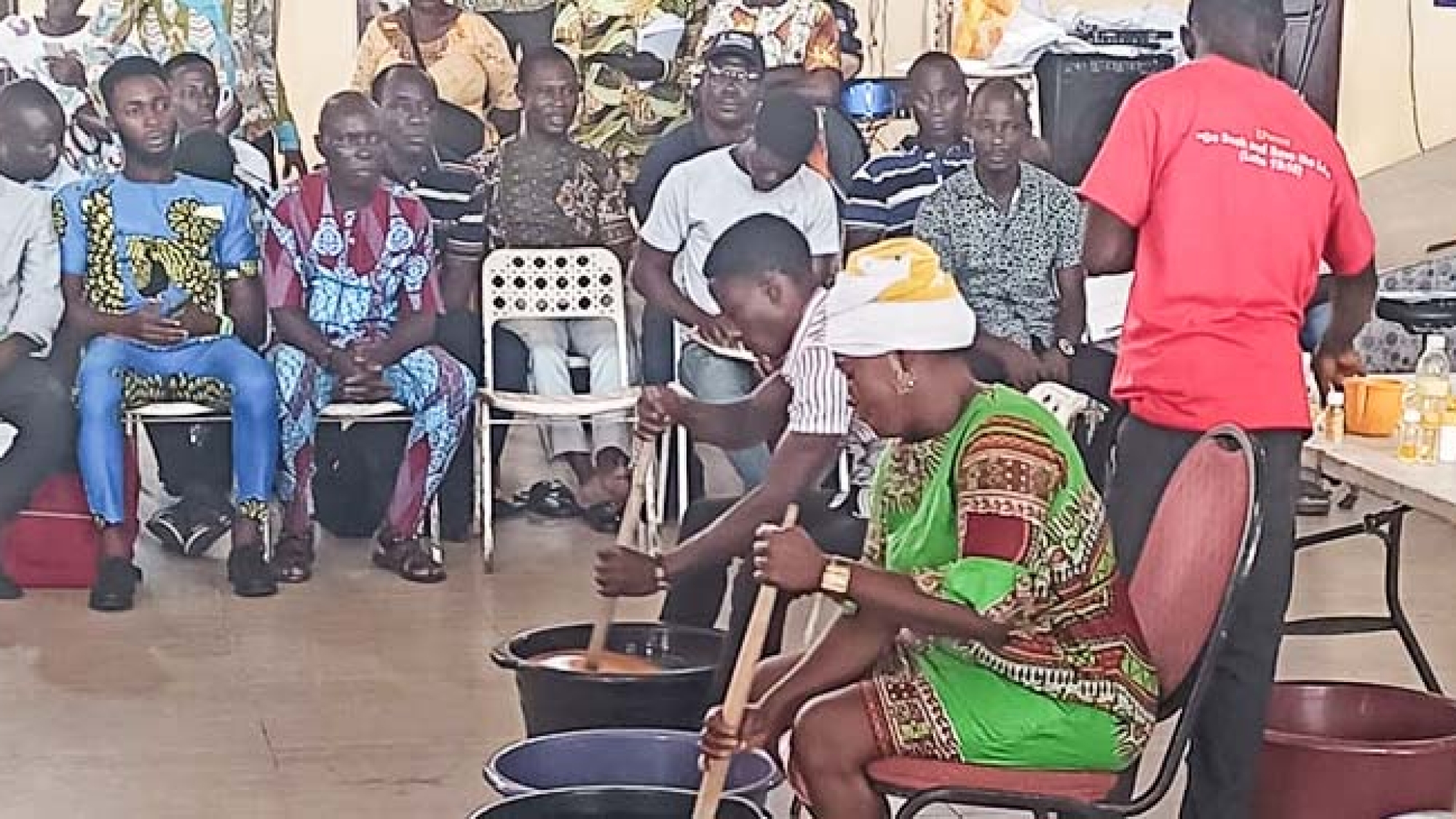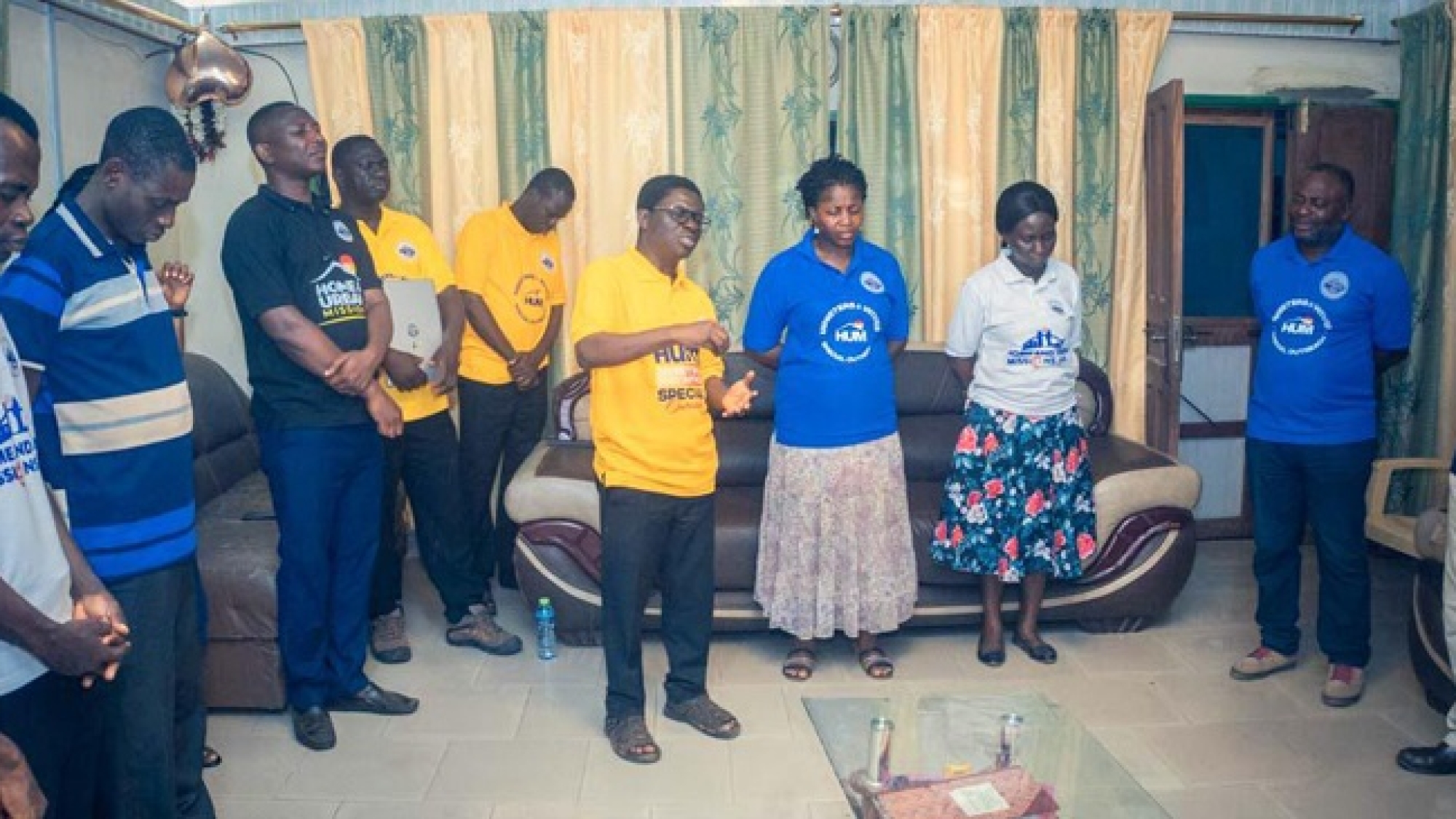A coup d’état is an illegal and overt attempt by the military or other government elites to unseat the incumbent leader. It basically means “stroke of the state” or “strike against the state.” Other words used to describe these phenomena are rebellion, rioting, revolution, insurrection, and mutiny. Out of at least 242 successful military coups globally since 1950, Africa has the largest number at 106. At least 45 of the 54 nations across the African continent have experienced at least a single coup attempt since 1950. It is reported that the youth have become widely disenchanted with the political class across much of West and Central Africa. Corruption, bad governance, unemployment, nepotism, cronyism, and the lack of transparent electoral processes continue to be cited as the reasons given for the recurring coups in many countries.
However, deep-seated in almost all coups and rebellion movements, both secular and in the vineyard business, are envy, self-righteousness, and lust for power. Others are the low appreciation of leadership, misguided zeal, frustration, arrogance, and foolish pride. Most of these younger generations who agitate for coups end up disappointed because they soon realize that what the coup makers promised them was impossible or they were deceived. It is also not far-fetched for the goodies and freebies associated with power to blind some people to join the bandwagon of agitations for military takeovers. However, there are extensive publications on the adverse effects of coups in Sub-Saharan Africa and Africa. Many world-renowned peace brokers and experts in mediation have also been engaged to bring their expertise to bear on the menace of coup d’états. Indeed, even those who topple constitutionally elected governments soon realize they did not fully appreciate what governance was all about.
Coups have proven not to live up to their hypes after all. The menace of coups can be traced back to humankind after the fall in the Garden of Eden. Its antecedent is rebellion, which traces its roots to the Adamic fall. Therefore, coups cannot be said to be an African creation. It was Satan who staged the original and first abortive coup in history.
According to Isaiah 14:13-15, he once said in his heart, “I will ascend to the heavens; I will raise my throne above the stars of God; I will sit enthroned on the mount of assembly, on the utmost heights of Mount Zaphon. I will ascend above the tops of the clouds; I will make myself like the Most High.” This ambition of the devil is what led to the insurrection in Heaven. “Then war broke out in Heaven. Michael and his angels fought against the dragon, and the dragon and his angels fought back. But he was not strong enough, and they lost their place in Heaven. The great dragon was hurled down—that ancient serpent called the devil, or Satan, who leads the whole world astray. He was hurled to the earth, and his angels with him.” (Revelations 12:7-9).
When God visited humanity in the person of Christ, He didn’t do that through a coup d’état. Born in a manger, He did not lead any rebellion but presented a well-packaged manifesto that got the world to follow Him. “In that hour, Jesus said to the crowd, “Am I leading a rebellion, that you have come out with swords and clubs to capture me? Every day, I sat in the temple courts teaching, and you did not arrest me. But this has all taken place that the writings of the prophets might be fulfilled.” (Matthew 26:55-56).
It is worth noting that not all coups are staged in a Hollywood fashion. Judas used a brotherly kiss to betray Jesus, so coups in Christendom take all forms. All underhand dealings in establishments that remove those in authority and replace them with cronies are some non-violent but equally deadly coups. Do people stage coups in God’s Kingdom business? If they happen, how does God view such uprisings in His vineyard? Which forms do those insurrections take?
The write-up seeks responses to the above questions and reasons why some rise against God’s chosen vessels. I will also attempt to advise all irritated and provoked to stage coup d’états in the Lord’s vineyard business. A few recommendations would also be proffered to all who are threatened and have fallen victim to institutional and Kingdom insurrections.
In the body of Christ, utter disobedience to leadership directives, the creation of factions, and the running of parallel command structures are not uncommon. Others are also in the habit of causing disaffection against leadership when disagreeing with their directives. This attitude by some can be likened to staging a Kingdom coup d’état. Three major causes and reasons many cite for leading rebellion in the body of Christ are discussed.
- UNBRIDLED AMBITIONS:
Harnessing an ambition isn’t evil because it can drive one’s passion and zeal for hard work. However, dreams born out of selfishness and the unbridled desire for power can be said to be misplaced. The aspiration that appears blinded to the realities and necessities of the prevailing moment deceives many into thinking that they represent the people’s voice. When David was old, and his successor had not been made known to the public, Adonijah, one of his children, planned to take over the reins of power from his father. “Now Adonijah, whose mother was Haggith, put himself forward and said, ‘I will be king.’ So he got chariots and horses ready, with fifty men to run ahead of him.” Although he was a handsome young man, it was unclear why he desired and thought he would be a king as his father. He won the support of “almighty” Commander Joab, the army, and Abiathar, the Priest.
It was, therefore, not surprising that his ambition gathered the needed momentum even among the king’s sons, except for Solomon. Adonijah garnered the support of the key people in Israel’s governance structure to shout, “Long live King Adonijah!” after they ate and drank. (1 Kings 1:25). God foiled the coup and David’s swift intervention, and Solomon, the rightful heir, ascended the throne as Israel’s king after David. Adonijah had to pay in the end with his life because he could not turn his heart away from Solomon’s administration and some of its associated privileges. (1 Kings 2:25). Many in Christendom have lost their zeal and passion to the disappointment of not making it to the top as they envisaged. They argue that the signs were clearly written on the walls that they were supposed to be the next occupant of some high leadership positions that became vacant. Some of their ambitions are founded on prophecies in their lives at very early stages. A good number also received such goodwill messages, blessings, and what could be described as best wishes from loved ones. So, a confession of saying, “You will be the leader of this institution or organization one day,” should not be taken literally. Such goodwill confessions must safely be decoded as either “Thank you, and may God bless and expand your territory” or “You have been such a blessing to society.” They are, therefore, saying that if they had their way and had the sole privilege to choose the next person to lead, they would have selected you. That is enough blessing and endorsement of God’s grace upon one’s life, which must not be taken lightly.
Unfortunately, some allow such harmless pronouncements upon their lives to harm their zeal, passion, and joy when things don’t turn out as expected. When James, John, and their mother applied to Jesus for the positions of His left and right in His Kingdom, He told them that was His father’s preserve, not His. So, the prayer answer to Jesus to make you the next leader is always, “God has already programmed who will be the next leader.” Let’s, therefore, not continue to push things that are the preserve of God. We may only recruit mercenaries and rebels to disturb the system, harming our spiritual health.
- THE FEELING OF ENTITLEMENT
Entitlement means having a right to something. Unlike Adonijah, who staged a palace coup to take over from David due to his ambition, others stage coups because they feel entitled to lead. Somehow, there are people who, by some personal deductions, come to the firm conclusion that they are entitled to occupy certain key positions in society. It may be born out of their parental lineage, clan, tribe, or some sacrifices made by them in the past. Such people sing choruses such as, “It is my time.” Even though some may not say it openly, their actions may betray them more than those who tout such choruses. Rebellion or insurrection becomes the only option for some if their time seems to be prolonged beyond their expectation. Absalom, the son of David, possessed a certain sense of entitlement to the throne of Israel. “In all Israel, there was not a man so highly praised for his handsome appearance as Absalom. From the top of his head to the sole of his foot, there was no blemish in him.” (2 Samuel 14:25). Due to the praises of the citizens of the Land, Absalom reduced the ascension to Israel’s throne to appearance and what many were saying about him. He, therefore, arrogated some roles for himself to win the hearts of the majority to his side. “And Absalom would add, “If only I were appointed judge in the Land! Then everyone with a complaint or case could come to me, and I would see that they receive justice.” Also, whenever anyone approached him to bow down before him, Absalom would reach out his hand, take hold of him and kiss him. Absalom behaved in this way toward all the Israelites who came to the King asking for justice, and so he stole the hearts of the people of Israel.” (2 Samuel 15:4-6).
It becomes quite complex to manage if close family members and pals begin to harness such levels of entitlement. Indeed, for Guinea, Niger, and Gabon, those who staged the coups were all presidential guards who were instead supposed to be protecting their bosses. They may be working so hard in the eyes of the public, but the motivation for such energy levels can only be revealed with time. When it became clear to David of his son Absalom’s coup and the influential people behind him, he sought safety by leaving Jerusalem, but not without doing what he knew best while in exile. “Now David had been told, “Ahithophel is among the conspirators with Absalom.” So David prayed, “LORD, turn Ahithophel’s counsel into foolishness.” (2 Samuel 15:31). In the end, Absalom died like his brother Adonijah in that abortive coup d’état. As workers in the Lord’s vineyard, let us not allow the praises and flattery of people to cause us to feel entitled to specific positions.
Similarly, the feeling of entitlement led Korah to gather 249 people with him to rebel against the leadership of Moses. Korah was jealous that Aaron had been chosen as High Priest, to the exclusion of anyone else. Furthermore, his cousin Elitzafan had been selected as head of the Levite family of Kehot, to which Korah belonged, and Korah felt this position was rightfully his. Their sad end, together with their innocent family members, is something rebels in the Lord’s vineyard business must take clues from. (Numbers 16) Our sacrifices and family history or profile are not all needed to make us the best occupant of a leadership position. Let us understand that if it were all entitlement, then many would have been better placed to be justifiably entitled than our good selves. We cannot be the only and best thing that ever happened to the human race. Therefore, let’s be modest in estimating our self-worth wherever we find ourselves and whichever capacity we are made to serve. Indeed, both Absalom and Adonijah could have argued that Solomon was not fit to be King because he was a product of David’s immoral debacle with someone’s wife. That would have been a presentation in futility because Sovereign God had already chosen David’s successor, Solomon.
- THE FRENZY OF JOINING THE CHORUS “THINGS ARE NOT GOING WELL”
The chanting of “Things are not going well” as a reason for staging coup d’états did not start with the generation of today. It appears simple and easy to catalogue some socio-economic indices with other parameters to incite the vulnerable to sing such choruses. What doesn’t always come out clear are the main motives of the organizers and composers of such populist chants. Many who supported military takeovers due to such chants later publicly confessed their disappointment and betrayal by their so-called “Messiahs.” “All the Israelites grumbled against Moses and Aaron, and the whole assembly said to them, “If only we had died in Egypt! Or in this wilderness! Why is the LORD bringing us to this Land only to let us fall by the sword? Our wives and children will be taken as plunder. Wouldn’t it be better for us to go back to Egypt? “And they said to each other, “We should choose a leader and go back to Egypt.” (Numbers 14:2-4).
Another group led by Dathan and Abiram also arose against Moses when they faced challenges in the wilderness. “Then Moses summoned Dathan and Abiram, the sons of Eliab. But they said, “We will not come! Isn’t it enough that you have brought us out of a land flowing with milk and honey to kill us in the wilderness? And now you also want to lord it over us! Moreover, you haven’t brought us into a land flowing with milk and honey or given us an inheritance of fields and vineyards. Do you want to treat these men like slaves? No, we will not come! “(Numbers 16:12-14). The Israelites got some among them to suggest a choice of a new leader back to Egypt. Instead of focusing on supporting Moses to lead and progress them to their promised Land, they instead opted for a retrogressive move. When they left Egypt, it’s on record that some mixed multitudes weren’t Jews but decided to join them. (Num 11:4). They composed the song “Things are not going on well” and made it a hit among the gullible Israeli population.
In our dispensation, they represent those saved by grace who don’t appreciate their new life in Christ Jesus and its significance. Associating with such people would be detrimental and may cause a shipwreck of one’s faith in Christ Jesus. They would lead you to grumble, murmur, complain, rebel, and even make blasphemous comments in the slightest discomfort you find yourself. The trip to your “Canaan” would be an illusion if you subscribe to their misguided, revolutionary, and unionist instincts. (Numbers 11:4-6). There’s definitely a humble and orderly way the Holy Spirit will guide any individual or group of persons in the Church who are aggrieved to get the necessary redress, usually through much prayer and God’s guidance in their presentation.
When the Arab Spring started a decade and a half ago, many were made to believe that the livelihoods of the countries involved would be better afterward. Yet, judging from what is happening in Libya and some other nations, people will regret supporting a few who had their axe to grind but managed to pull the vulnerable alongside. No matter the level of provocation and visible mismanagement, there will always be a way out of coming out of such a mess within communities, institutions, and nations. Dialogue or diplomacy is a word widely used as a substitute for rebellion or coups. Indeed, for some, just a little patience would have worked the required magic. God is not an author of confusion and, therefore, knows what to do anytime He finds the need to effect changes in those in authority. Besides misery and untold hardships to leaders and followers who stage Kingdom coups, many innocent lives are also needlessly impacted negatively.
For example, those who have lived for more than five decades in Ghana would bear with me the level of backwardness the nation suffered due to coup d’états. The mere visible evidence of difficult moments in the lives of countries, institutions, and organizations doesn’t warrant their unlawful removal. It also doesn’t turn some zealots among the populace as the “Messiahs” who carry the magic wand to turn things around. Leading people to their promised Land goes beyond the absence of visible challenges. It entails far more than that. Coup experts or those who have gained notoriety for staging coups in this world, I believe, given a second chance, would not give it a try. The misery, chaos, bloodshed, civil unrest, and decline of the developmental agenda, coupled with their failures, are visible for all to attest to. Primarily, every leader aspires to lead and better the lots of their citizens within the mandated period given to them. Sheer hatred, ideological differences, envy, jealousy, or visible challenges during their mandated period of rule should never become the basis for planning their unconstitutional overthrow. The very God who endorsed and approved the inaugural ceremonies of leaders is the same God who supervises their exit as and when He deems fit.
Do not be afraid if you are sensing the sound of Kingdom coups at your doorsteps. Just inform God about it since He has never condoned any acts of rebellion from the history of creation. Relax, encourage yourself in the Lord and receive a daily ration of strength from Him through your devotional life. Do not shiver even when the opposition gets all the so-called “wise tacticians” and influential political advisers on their side. Only one prayer made with faith like David will render their counsel foolish, null and void. God handled Nebuchadnezzar smoothly and managed King Herod in Acts 12 without causing schisms during the early church days.
After the Niger and Gabon coups, it is reported that Rwanda and Cameroon have significantly changed their military command positions. As a safety and precautionary measure, it wouldn’t be out of place to do a few reshuffles to curb the tendencies of insurrections. As the engagement of God through prayer continues, leaders must also be guided by the Holy Spirit to do the needful by reshuffling some people in specific key installations within their governance architecture. In (1 Kings 2), and per David’s last words to Solomon, he needed to strategically reshuffle and re-organize the close aides of David so that he gets those who would be loyal to him. Here, it didn’t matter whether one is a blood relation or not. He ordered the execution of his own blood brother, Adonijah, when he started misbehaving and nursing unbridled ambitions. King Solomon again replaced Abiathar, the Priest, with Zadok in his stead. After doing this, the Bible says the Kingdom was now firmly established in Solomon’s hands. (1 Kings 2:46)
The inability of people to obey simple instructions is what usually stirs up bitterness and prepares fertile grounds for rebellion. Apostle Paul, therefore, admonished believers to do all things without complaining and arguing. (Philippians 2:14-15). Absalom’s insurrection didn’t work, and neither was Adonijah’s coup. They both died when they staged a revolution to topple God’s chosen servant. Korah and his group, who also thought they carried the solution to all Israel’s problems in the wilderness, also died before their time when they rebelled against Moses. Coups are, therefore, alien to God’s governance architecture. He knows how and when to remove people in authority, His sole preserve.
Written by Pastor James Orhin Agyin


